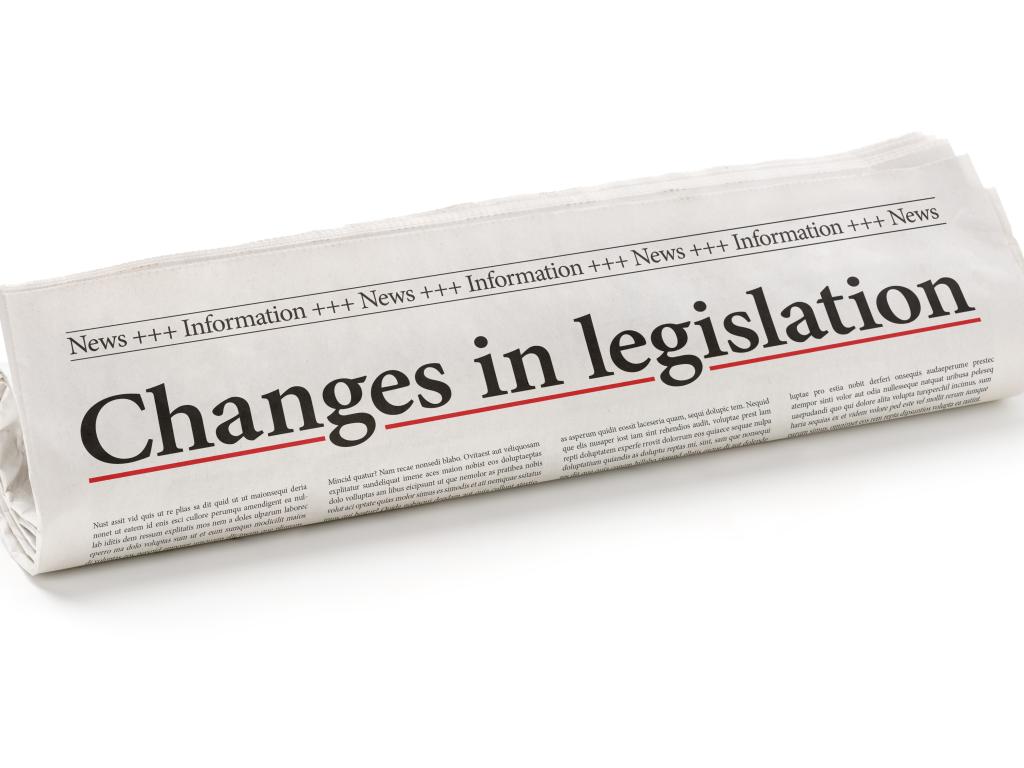Morocco: Mining Tax Reform to Benefit Local Communities

Morocco has a long history of mining resources such as phosphate, copper, manganese, gold, and silver. Recent statistics indicate that substantial investments have been made in the Moroccan mining industry over the last couple of years. By 2017, the value of the industry stood at 32 billion Moroccan dirhams (more than 45.5 billion South African rands). Investments in the mining industry contribute to 10% of the country’s GDP and has created 41 000 jobs.
To ensure that the people of Morocco benefit from mining revenues, mining companies pay annual mining taxes to the state. The applicable tax rates range from one to three dirhams per ton of mineral extracted. Currently tax amounts are fixed by the regional authorities of areas in which mining activities take place. There is no provision for state development projects for the benefit of local communities, to be specifically funded by mining tax in terms of 2015 Mining Code.
The 2015 Moroccan Mining Code[1] and its implementation decree[2] provide for mining companies to contribute towards local development in terms of corporate social responsibility (CSR). Unlike the mining legislation of 1951, the current Mining Code provides for mining companies to contribute to the rural development and poverty alleviation in areas where mining takes place. Mining areas typically lack basic infrastructure if compared to the urban areas. After paying mining tax, mining companies are therefore required under CSR to contribute to the best of their abilities towards the building of schools, hospitals, roads etc. in and around areas where mining activities take place.[3]
Following mining communities’ complaints, the Moroccan government has observed, however, that lack of infrastructure suggests that local mining communities still do not benefit from mining, despite the 2015 legal reform. In response to this observation, Abdelaziz Rebbah, Minister of Energy, Mines and Sustainable Development has taken it upon himself to address the situation.
The Minister admits that the current distribution of tax revenues by the 2015 Mining Code between the national and regional government is inappropriate. Currently, a portion of mining taxes is paid by mining companies directly to the national government and a portion to the regional government. No taxes are allocated to local government in the areas where mining takes place. Communities still lack basic infrastructure, as all revenues from mining end up at national and regional level.
To aggravate the situation, it also appears that locals are not employed in the mining sector. Local communities, therefore, believe that they are left in poverty by mining companies, in spite thereof that the mineral resources supposedly belong to them as the original inhabitants of the areas where the resources were discovered. They feel strongly that mining companies cannot be the only parties that benefit from the profits created by mineral extraction.
Mining companies argue that they are paying taxes to the state and contributing as much as they can in terms of CSR as required by law.[4] Accordingly, they need not make further contributions for the benefit of locals. As can be expected, disagreements of this nature result in conflict between a mining company and the community, as was the case at the Imider mine. In this instance, communities protested against the mining company overusing their scarce water resources and demanded the creation of jobs for unemployed youths from the local community.
Conflicts in mining areas prompted the Minister to initiate the revision and reform of the current system of mining tax distribution under the 2015 Mining Code. The aim of this process is to ensure that the sharing of mining revenues becomes more beneficial to local communities. This process could result in legislative reform, but first, the Minister must convince the main stakeholders, especially other branches of government, that reform is necessary. The proposed reform will seek to ensure a fair distribution of revenues from mining operations by allocating some of the mining revenue to local governments directly. It is expected that if local government obtain some of the mining revenues, it can use it for the benefit of local communities by investing in infrastructure. Such a redistribution of mining revenue will hopefully address local communities’ concerns and avoid further conflict in mining areas. It is furthermore anticipated that trust between mining companies and local communities will be restored.
The image of mining communities lacking basic infrastructure, in spite of the mineral riches extracted around them, is far too prevalent in mining areas in Africa. It seems as if mining areas in Morocco provide no exception. The situation of these communities and their relationship with mining companies can be ameliorated if the proposed tax reform is implemented.
